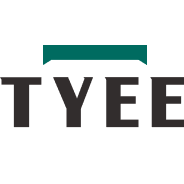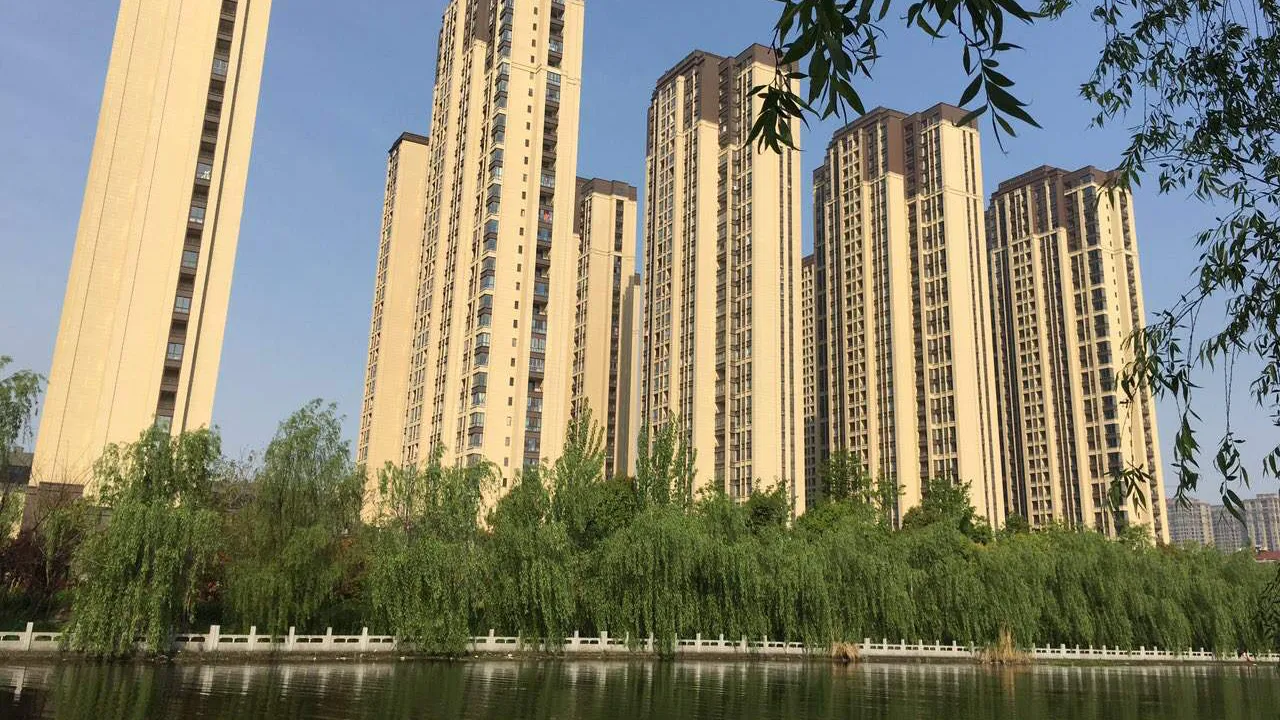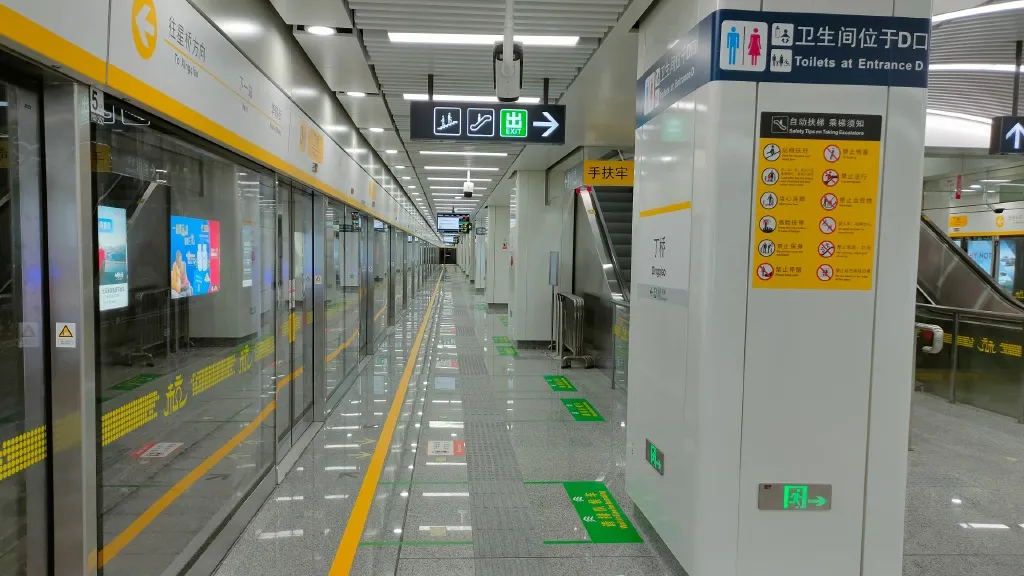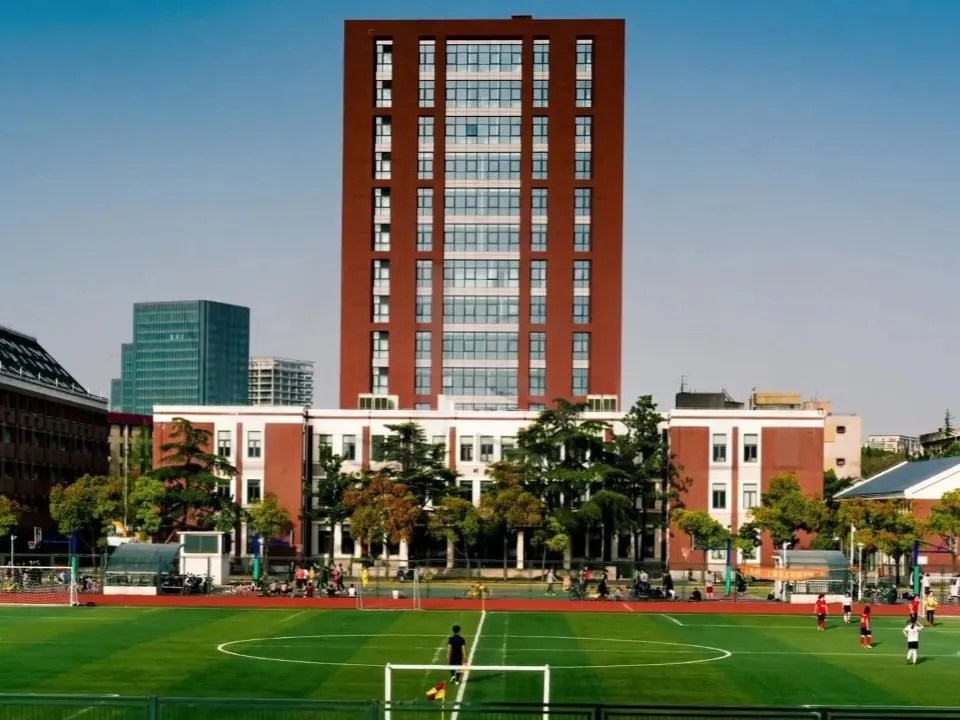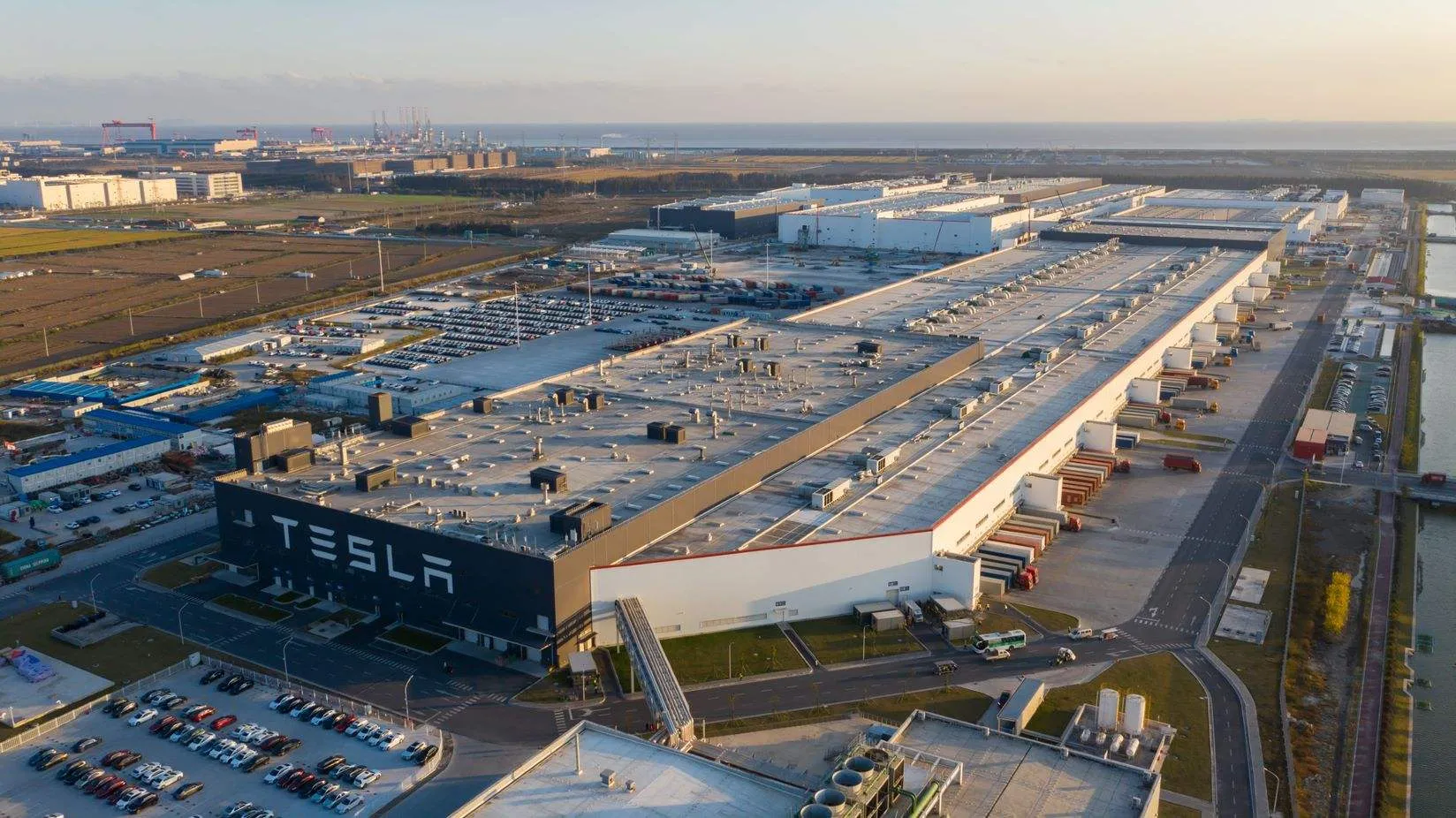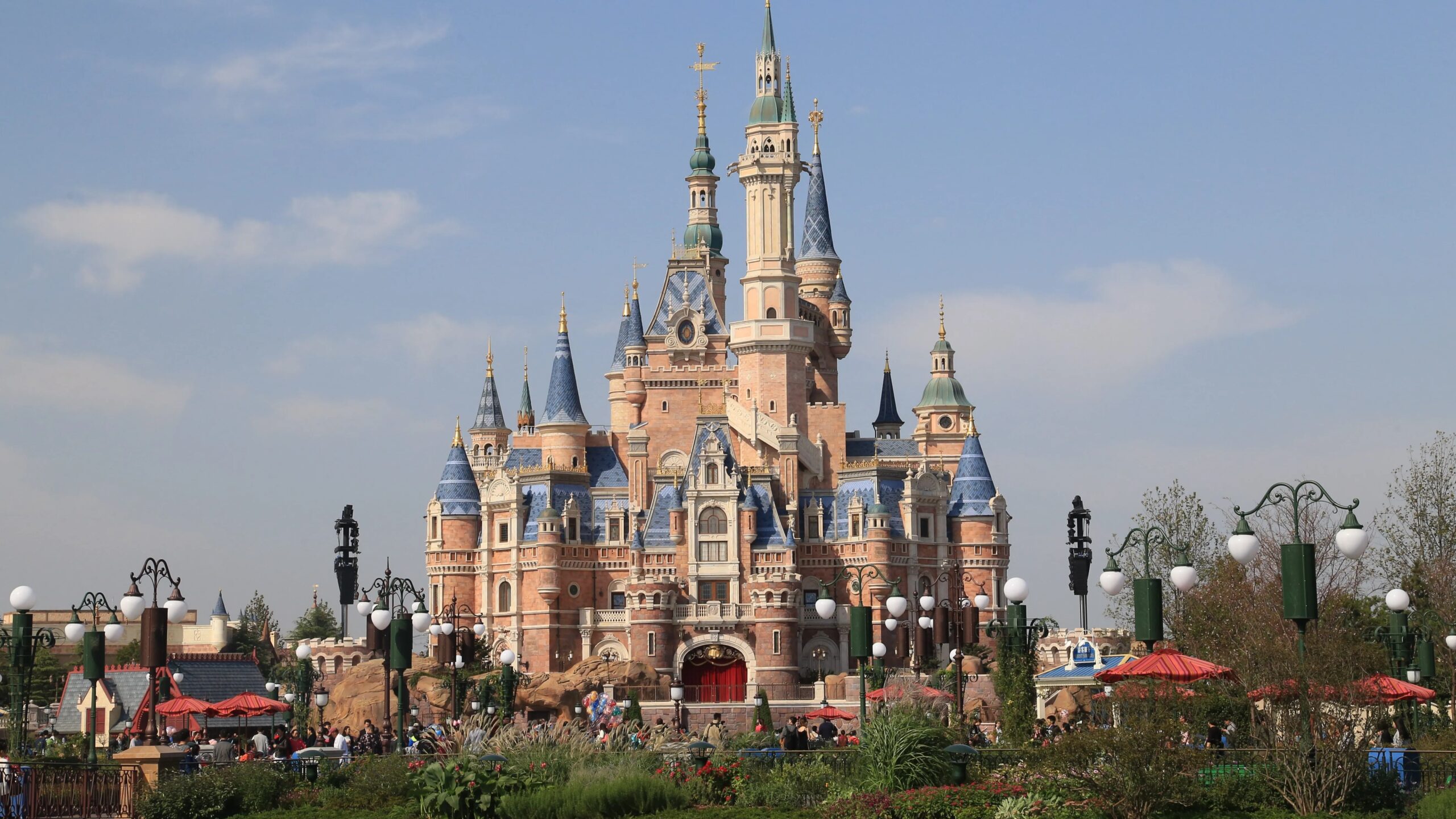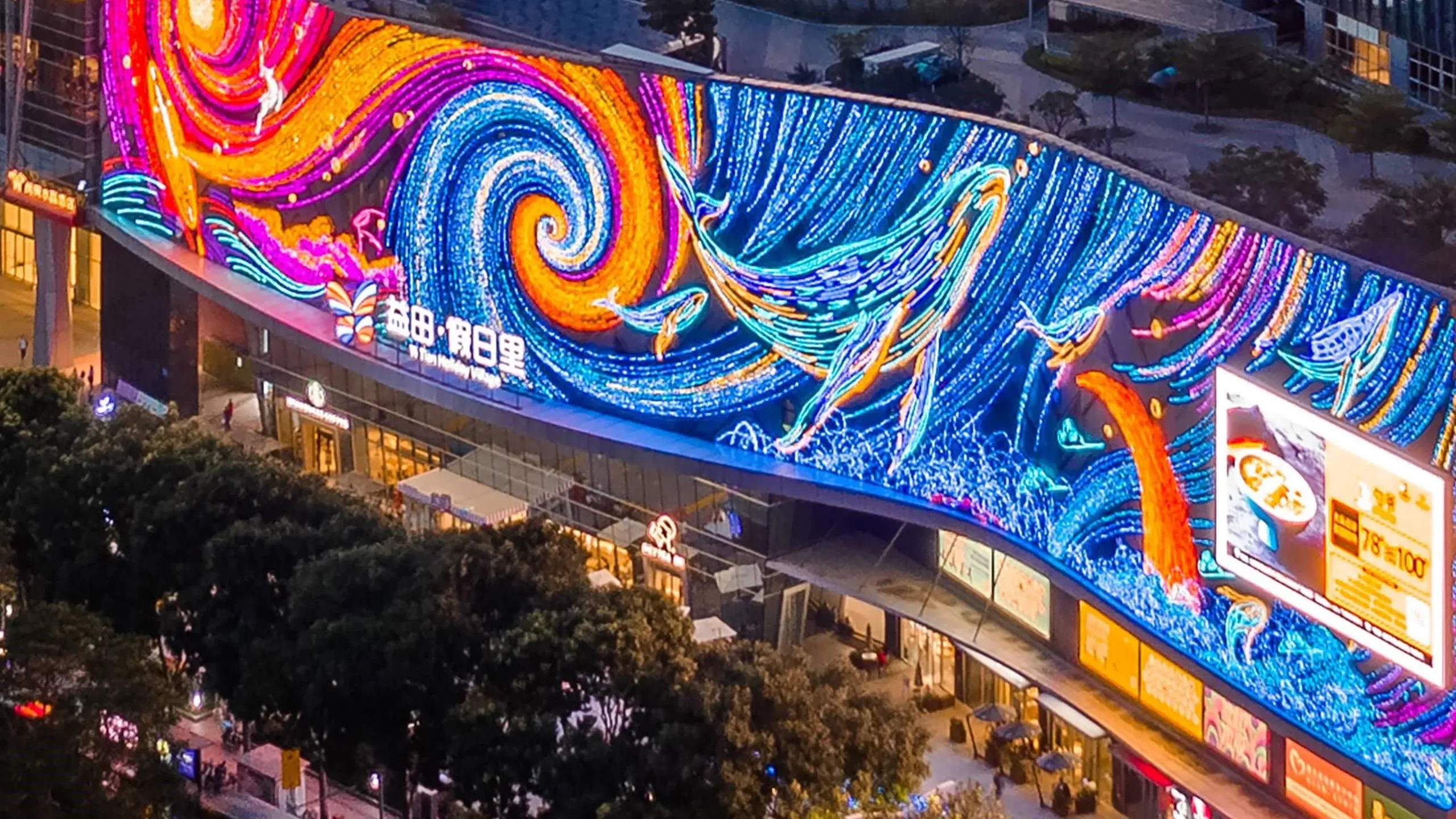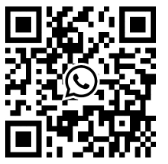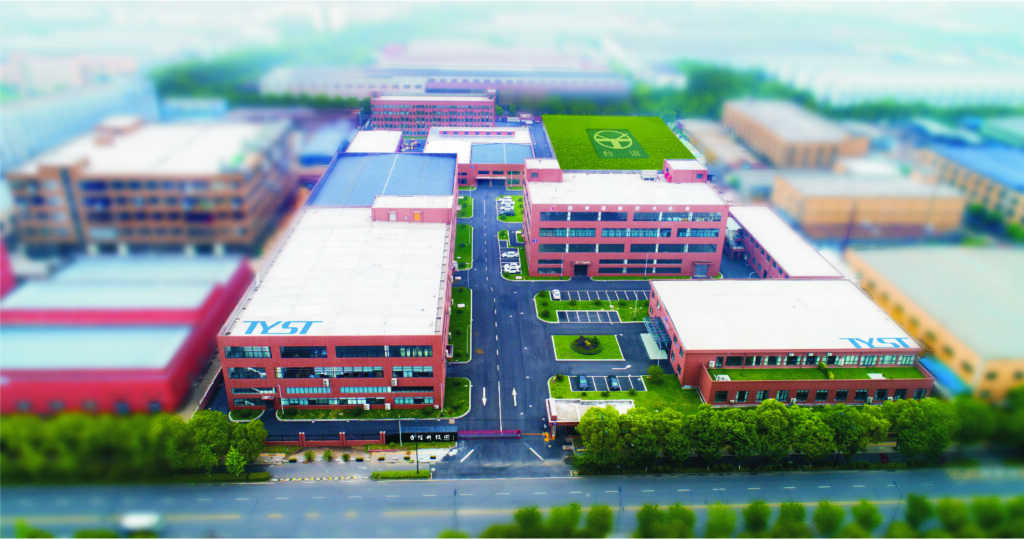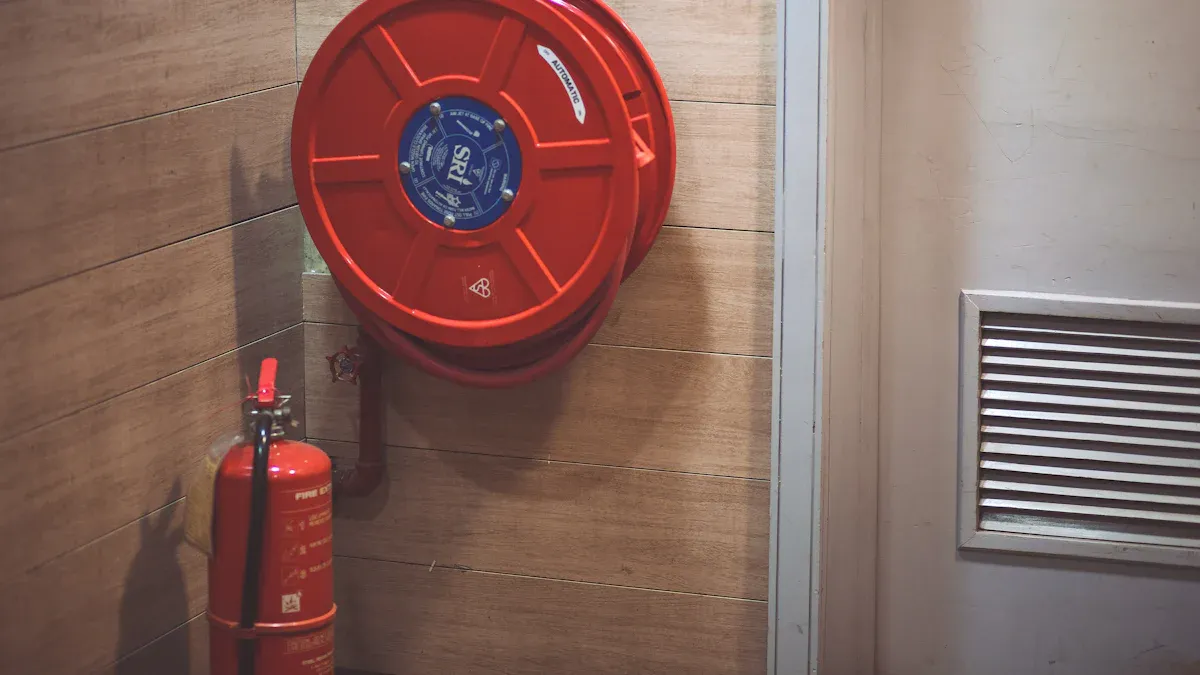
You need a Fire Alarm System you can trust. In Thailand, factories with automated fire protection have less fire damage. The damage has dropped by more than 70%. This means good fire alarms save lives and money. New data shows there are fewer fires in Thailand now. This is because fire management is better. For your business or property, advanced fire safety solutions are important. Thai law says many buildings must have both automatic and manual fire alarms. Here are some rules:
Regulation | Applicability | Key Requirement |
|---|---|---|
Building Control Act | Factories over 2,000 sqm | Install automatic and manual systems on every floor |
Occupational Safety Act | Businesses over 300 sqm or 2 or more floors | Automatic and manual fire alarms required |
Factory Act | Areas with electronics or flammable materials | Automatic fire detection and alarm devices |
You should find providers like tyee. They are known for new ideas, certifications, and over 30 years of experience. Always check the newest technology and rules before picking your fire alarm system.
Key Takeaways
Good fire alarm systems help save lives. They also lower fire damage by finding fires early. They warn people fast so they can get out safely.
In Thailand, many buildings must have fire alarms. These alarms can be automatic or manual. This is needed to follow safety laws and avoid getting fines.
Picking a skilled provider like tyee is important. They give high-quality fire alarm systems. These systems are certified and meet Thai and world standards.
Fire alarm systems need regular checks and care. This keeps them working well. It also stops them from failing in emergencies.
Upgrading to smart fire alarm systems is a good idea. These use new technology to make things safer. They can also help lower insurance costs.
Fire Alarm System Overview
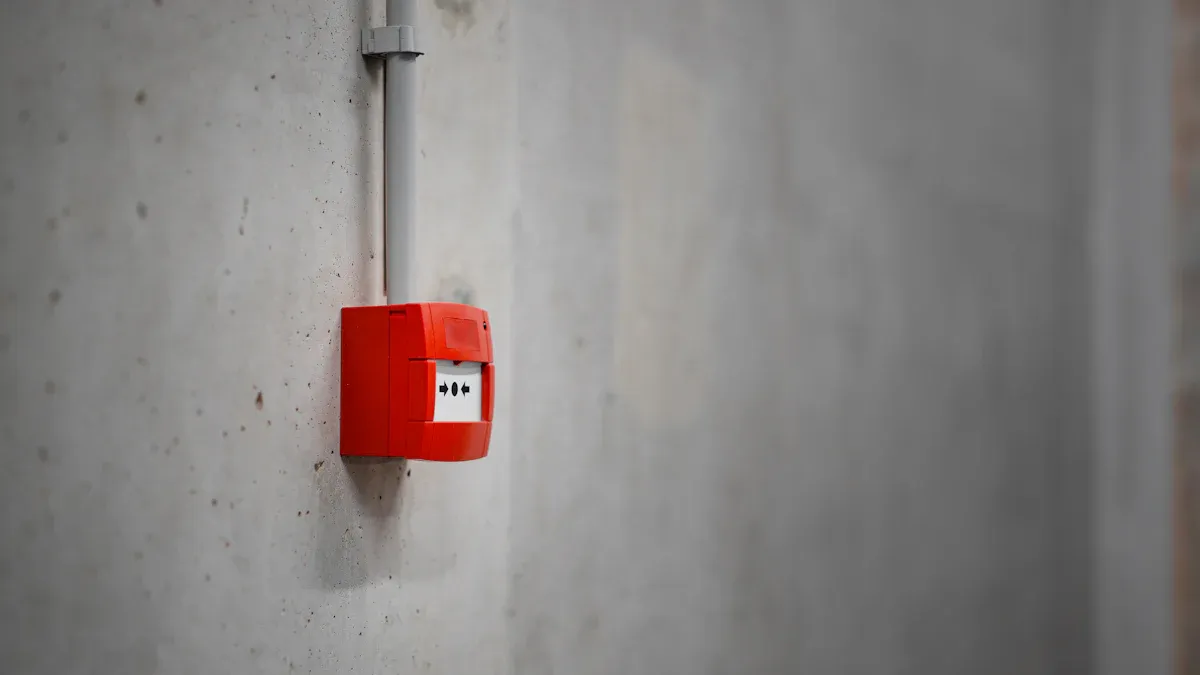
Importance in Thailand
Thailand has a high risk of fires. Fires happen a lot, especially in the dry season. Biomass burning and forest fires are common. People also burn crops, which makes more smoke. This smoke can make fires start in cities and the countryside. In Bangkok and other large cities, many buildings are crowded. Old wiring in these buildings can cause fires. Hot weather and pollution make fires spread faster.
Cities are growing quickly. More people live close together in apartments and offices. Factories are also crowded. If a fire starts, it can move fast and cause big problems. You need a Fire Alarm System to find smoke or heat early. The system warns everyone right away. Modern systems use smart technology like AI and IoT. These tools send alerts to your phone. You can see real-time data and control alarms from far away.
Here are the main types of fire protection systems in Thailand:
Passive Fire Protection: These are parts of the building, like fire doors and fire-resistant walls. They help slow down fires.
Active Fire Protection: These systems find and fight fires. They include smoke detectors, alarms, sprinklers, and gas suppression systems. Some have smart modules to control alarms and sprinklers. They can also shut down air systems during a fire.
Backup Power: This keeps your Fire Alarm System working if the power goes out.
These systems save lives and protect your things. Advanced fire alarms help you act fast and lower damage.
Compliance Standards
Thailand has strong rules for fire safety. You must follow local laws and international standards. The Factory Act (B.E. 2535, 1992) is an important law. It says factories must have fire prevention and alarm systems. The Ministry of Industry checks if you follow these rules. Local codes often use global standards like NFPA and IFC.
Here are some important standards:
Standard | What It Covers |
|---|---|
How to set up, test, and take care of fire alarms | |
NFPA 1 | General fire safety rules |
NFPA 101 | Rules for keeping people safe in buildings |
IFC | International rules for fire safety |
If you do not follow these rules, you can get fines. Your business might have to close or face lawsuits. Insurance companies may charge you more or not cover you. Big companies and global brands check if you follow these standards. Following the rules keeps you safe and protects your good name.
tyee Solutions in Thailand
If you need a fire safety company in Thailand, look for one with lots of experience. tyee is well-known because it has been around for a long time. The company started in 1992 and has worked for over 32 years. tyee makes all its products by itself. This helps make sure everything is high quality and works well. tyee has many important certifications like ISO9001, ISO14001, UL, CE, LPCB, and GOST. These show tyee follows Thai and world safety rules. Many big companies and projects trust tyee to keep them safe.
Automatic Fire Alarm System
A good Fire Alarm System should warn you quickly and clearly. tyee’s TY2001 Automatic Fire Alarm System uses new technology to protect you. The system has smart detectors that find smoke and heat. These detectors use multi-sensor technology. They know the difference between real fires and things like steam or dust. This helps stop false alarms from happening.
The TY2001 system uses a digital bus to send signals fast. You get alerts in less than three seconds. The system also uses a smart algorithm to check for real fires. You can set up the system to fit your building. The big LCD screen shows you what is going on. You can connect up to 64 controllers for large buildings. You can also check and control the system from far away using the internet.
Note: tyee’s Fire Alarm System follows strict Thai laws and world standards like NFPA and EN54. This keeps you safe and following the rules.
Many offices, factories, and homes in Thailand use tyee’s system. It works well in hotels, shopping malls, and industrial parks. You can trust it to keep people and property safe.
Smart Fire Protection
Smart Fire Protection from tyee gives you more than just alarms. The system uses IoT and AI to watch for fire risks all the time. It connects smoke detectors, emergency lights, and electric vehicle charging spots. The system sends alerts to your phone, computer, or control room. You can see real-time data and maps. This helps you act fast if something goes wrong.
You can put tyee’s smart fire protection in many places. It works in tall buildings, schools, hospitals, and neighborhoods. The system checks for blocked fire exits and watches water for firefighting. It also looks for electrical problems. It helps manage fire lanes and parking so escape routes stay open.
Many big projects use tyee’s smart fire protection. For example, the Hangzhou Olympic Sports Center and Shanghai Disneyland use these systems. tyee also helps airports, metro lines, and big factories. These projects show tyee’s systems work well in busy places.
Tip: When you pick tyee, you get help from start to finish. The company gives training, updates, and technical support to keep your system working well.
You can feel sure with tyee’s solutions. The company’s experience, awards, and happy customers show you are picking a leader in fire safety.
Installation and Upgrades
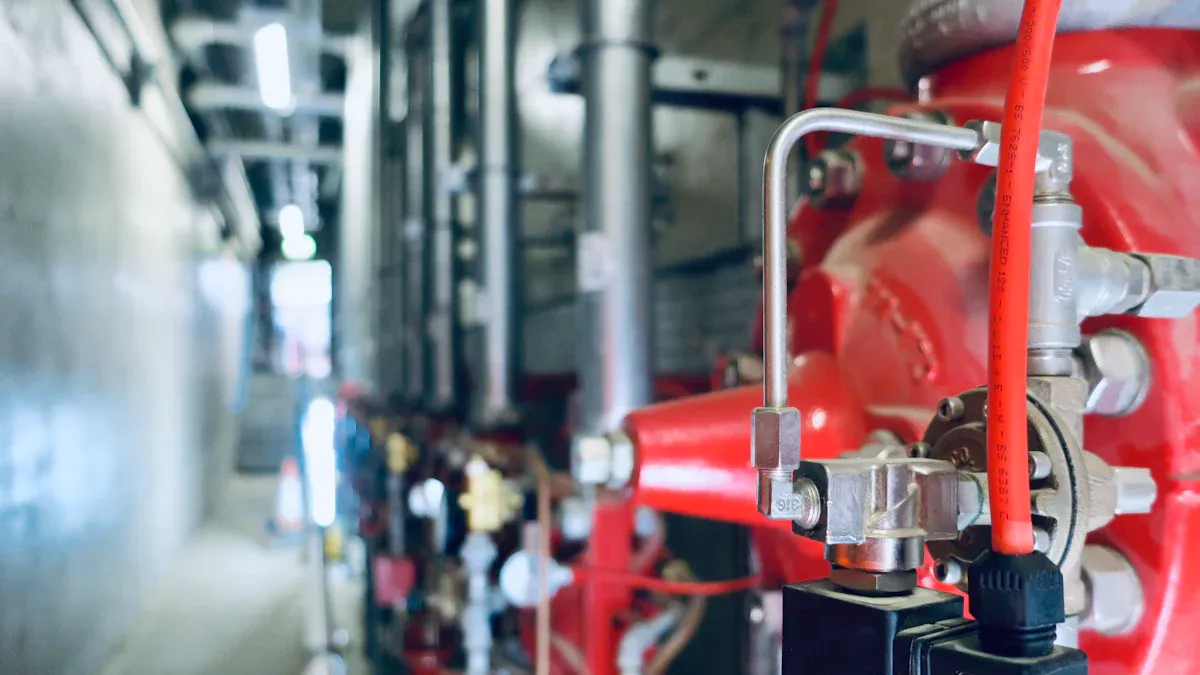
New System Setup
When you put in a new Fire Alarm System, you start to protect your building. You must decide where to place detectors, alarms, and control panels. Certified technicians help you pick the best system for your building. Addressable systems cost about 50% more than basic ones. But these systems save money later. They need less fixing and help you avoid long stops. Checking and updating your system often keeps it working well. If certified experts set up and check your system, you can lower the chance of it failing by up to 75%.
Tip: Always follow Thai and world safety rules when you set up your system. This keeps your building safe and helps you not get fined.
System Network Upgrade
Upgrading your fire alarm network gives you many good things. New systems use smart alarms that find smoke, heat, and carbon dioxide. These alarms send alerts faster and can connect with your building’s main system. When you upgrade, you make fires less likely. This can also lower your insurance costs. Insurance companies often give better prices to buildings with advanced fire safety. Experts say following rules like NFPA 75 and 76 keeps people safe and protects your business from higher insurance fees.
Modern upgrades include:
Faster emergency alerts
Easy connection with other building systems
Integration with Smart Buildings
Smart buildings use technology to keep people safe and make things work better. When you connect your Fire Alarm System to the main control system, you get alerts right away and quick emergency actions. The system can talk to security, air conditioning, and lights. If there is a fire, the system can close doors, turn off air, and help people get out safely. This setup helps everyone act fast and lowers damage.
Smart building solutions in Thailand now use smart monitoring and remote control. These systems can find electrical problems before they start fires. You can also check and control everything from your phone or computer. Using these tools makes your building safer and helps it run better.
Maintenance and Inspection
Preventive Maintenance
You must keep your Fire Alarm System working well. This makes sure it will help you in an emergency. Preventive maintenance stops problems before they happen. In Thailand, experts say you should follow a schedule:
Monthly: Check all detectors and the control panel. Test one alarm by hand. Look at battery levels.
Quarterly: Test every alarm and notification device. Clean detectors to get rid of dust and dirt. Check for broken wires or loose parts.
Annually: A certified technician should check the whole system. Make sure your system follows fire safety codes. Change any old or broken parts.
Cleaning and checking batteries often stops common problems. Dust and low batteries can make alarms fail. Put detectors away from kitchens and bathrooms. This helps stop false alarms from steam or heat.
Regular Testing
Testing your system often keeps people safe. You should put alarms and detectors in the right spots. Good places are hallways, kitchens, and offices. Follow these steps:
Use the right tools to test smoke and heat detectors. Smoke testers or heat testers work best.
Clean and adjust sensors when needed.
Change batteries and update software for new systems.
Practice fire drills and mark escape routes clearly.
Have trained experts set up and test the system before using it.
Tip: Always follow standards like NFPA 72. This keeps you safe and helps you follow the law.
Reporting and Documentation
Keeping good records is very important. You need to write down all checks and repairs for your system. In Thailand, you must do these things:
Requirement | What You Must Do |
|---|---|
Get a report from a licensed engineer after each inspection. | |
Inspection Results Recording | Write down what you find and the system’s status. |
Summary Report | Make a summary of how the system is working and any problems found. |
Annual Inspection | Have a certified inspection every year and keep the report. |
Record Keeping | Keep all documents for at least three years for review. |
Maintenance Documentation | Record all repairs and maintenance work. |
Update your reports if you change equipment or how you use the system. You can send reports by email or mail. Always use the right tools that are checked for accuracy.
Choosing a Provider
Certification and Experience
When you pick a Fire Alarm System provider, check their certifications and experience. Certified providers use products tested in special labs. These labs follow ISO/IEC 17025 rules. This means the products are safe and work well. You can count on these products in an emergency.
Here is a table that shows important standards and certifications from different places:
Region | Standards and Certifications |
|---|---|
United States | ANSI/UL 217, ANSI/UL 268, ETL Listed Mark |
Canada | CAN/ULC-S531, CAN/ULC-S529 |
European Union | EN 14604, EN 54-7, CE Marking |
Providers with these certifications follow world safety rules. They help you follow Thai laws and keep your building safe.
Experience is important, too. Providers with many years know how to set up systems the right way. They teach their teams and check their work often. They test systems in real life to make sure they work. This means fewer mistakes and better safety for you.
Experienced providers:
Set up systems the right way and follow rules
Teach their staff and learn new things
Check and test systems to make sure they work
Fix problems fast and keep your system working
Service Offerings
Good fire safety companies do more than just alarms. They give you many services to keep you safe. You can get:
Design and planning for your building
Spare parts and new equipment
Full system setup and upgrades
Quick help and advice when needed
Regular checks, tests, and repairs
Support for world safety standards like UL, FM, and NFPA
Help with water and other systems for fire safety
These services help your Fire Alarm System work well all the time.
Why Choose tyee
You want a provider you can trust. tyee has over 32 years of fire safety experience. The company has top certifications like ISO9001, ISO14001, UL, CE, LPCB, and GOST. tyee designs, builds, and tests all its products by itself. This means you always get high quality.
tyee gives you full service. They help from the first plan to the last check. The team trains you and helps after setup. Many big projects and companies use tyee. You can find tyee’s systems in airports, sports centers, and big factories. When you pick tyee, you get safety, trust, and peace of mind.
Tip: Always ask to see proof of certification and check the provider’s history before you choose.
Choosing a reliable, compliant fire safety solution protects lives and property. You should work with experienced providers like tyee for peace of mind. To check if your system is enough, follow these steps:
Assess your site and fire risks.
Check compliance with codes like NFPA 72 and IFC.
Review device placement and zoning.
Inspect control panels and annunciators.
Plan for clear alerts with sound and lights.
Ensure power supplies are safe and reliable.
Consider upgrades or expert help if you find gaps. For guidance, contact tyee or visit tyeefire.com.
FAQ
What is the difference between a manual and an automatic fire alarm system?
A manual system needs you to press a button or pull a lever to sound the alarm. An automatic system uses sensors to detect smoke or heat and alerts you right away, even if no one is around.
How often should you test your fire alarm system?
You should test your fire alarm system every month. This keeps the system ready for emergencies. Always follow the schedule your provider gives you.
Do fire alarm systems work during a power outage?
Yes, most fire alarm systems have backup batteries. These batteries keep the system working if the main power goes out. You should check the batteries often.
Can you connect your fire alarm system to your phone?
Yes! Many modern fire alarm systems send alerts to your phone. You can see alarms, check system status, and get updates wherever you are.

